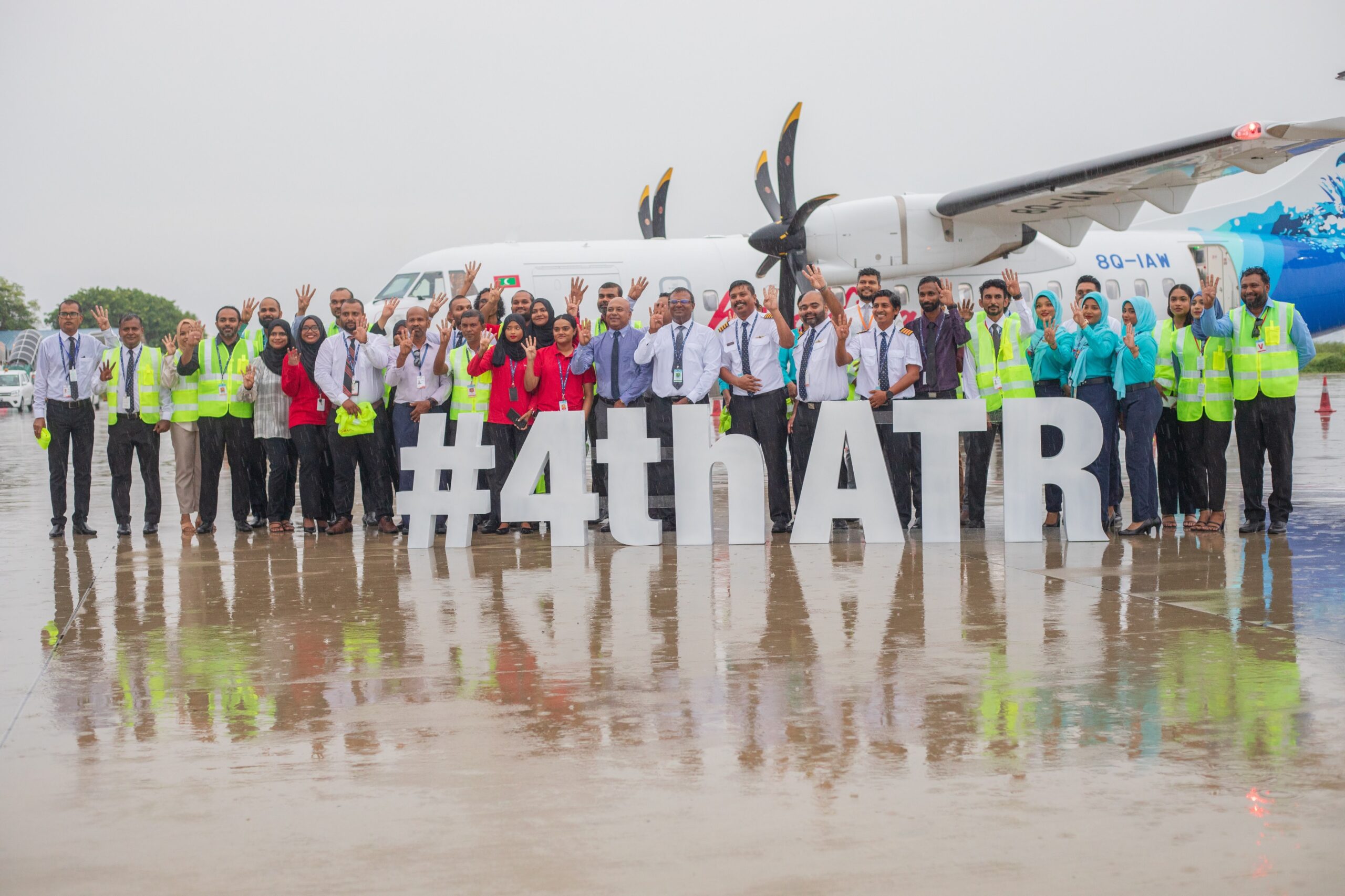China’s top industry regulator unveiled a five-year plan on Tuesday to accelerate the integration of digital and real economies amid a broader push to lay down policy framework for the nation’s industrial development until 2025.
The Ministry of Industry and Information Technology said accelerating the deep integration of information technologies in all industrial chains is of great significance to promote industrial digitization and digital industrialization in the new era.
According to the five-year plan, the ministry will adopt five special initiatives, including promoting manufacturing digital transformation and industrial internet platforms, to advance industrial upgrade.
Xie Shaofeng, director of the information technology development department at the MIIT, said the five-year plan put forward both quantitative and qualitative objectives. For instance, by 2025, the nation aims to grow the penetration rate of industrial internet platforms to 45 percent and the popularization rate of digital research, development and design tools to 85 percent.
The ministry said the integrative development of”5G plus industrial internet” is on a fast track in China. At this time, more than 100 influential industrial internet platforms have also been built. In addition, more than 1,800 5G plus industrial internet projects are under construction in China, covering 10 important industries including mining, coal and electricity.
Ni Guangnan, an academician at the Chinese Academy of Engineering, said the intensified efforts to accelerate the development of the industrial internet will greatly improve production efficiency. Over the long term, it will boost the competitiveness of China’s manufacturing on the global stage.
On Tuesday, the MIIT also unveiled a five-year plan to cultivate the nation’s big data industry. According to the plan, by 2025, the estimated scale of China’s big data industry will exceed 3 trillion yuan ($471 billion), up from more than 1 trillion yuan in 2020, and the average compound annual growth rate will be maintained at about 25 percent.
Xie said China’s big data industry has grown quickly over the past five years, with the average compound annual growth rate exceeding 30 percent.
He said the next five years will be an important period to build China into a manufacturing and digital powerhouse, which thus means new and higher requirements for the development of big data industry.
Market research company International Data Corp predicts that by 2025, China’s data will account for 27.8 percent of the world’s total, ranking it first worldwide.
Sun Ke, deputy director of the institute of political science and economics at the China Academy of Information and Communications Technology, a Beijing-based think tank, said that in the era of industrial digital economy, a large quantity of industrial data will be connected to the internet, which will further drive the development of the big data industry.
By Ma Si | China Daily

 News4 days ago
News4 days ago
 Business7 days ago
Business7 days ago
 Business7 days ago
Business7 days ago
 News6 days ago
News6 days ago
 Business6 days ago
Business6 days ago
 News7 days ago
News7 days ago
 Sports7 days ago
Sports7 days ago
 Sports7 days ago
Sports7 days ago


















